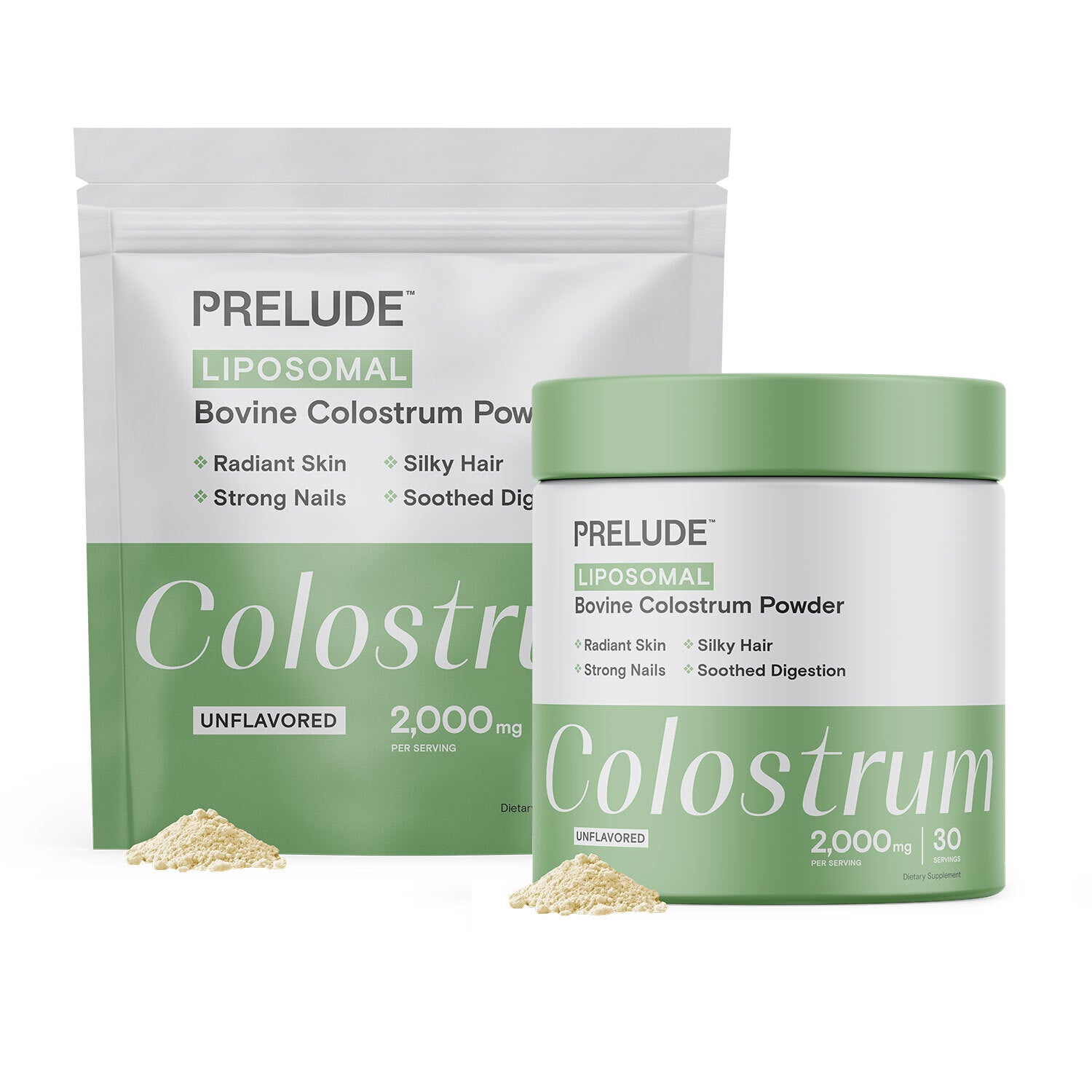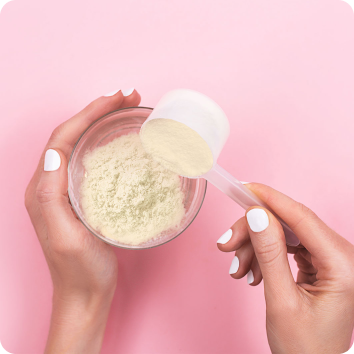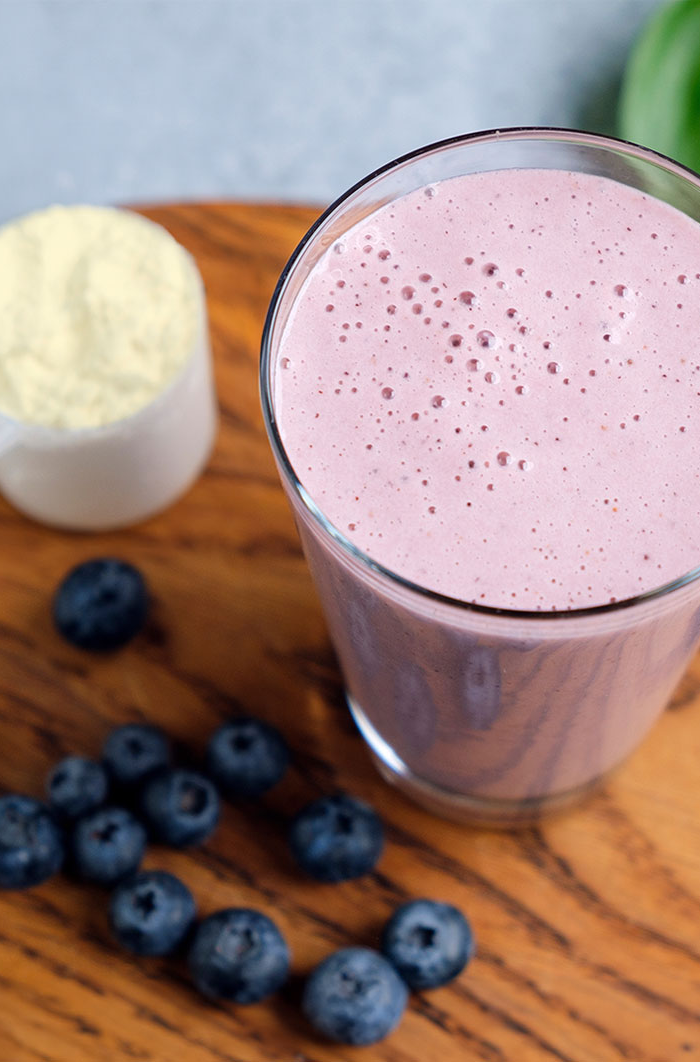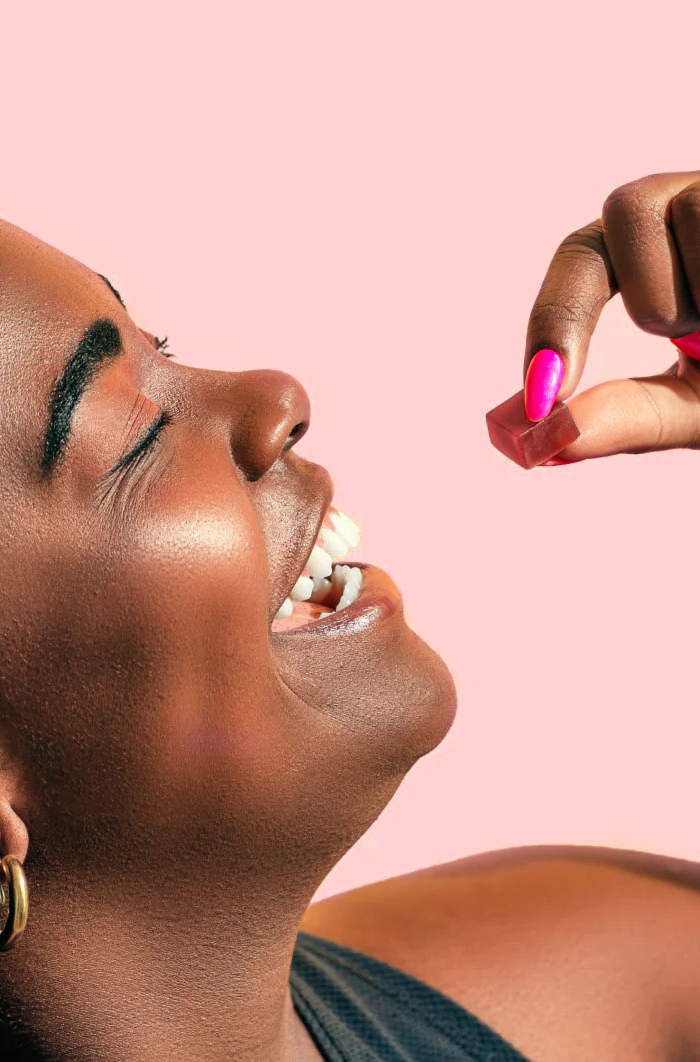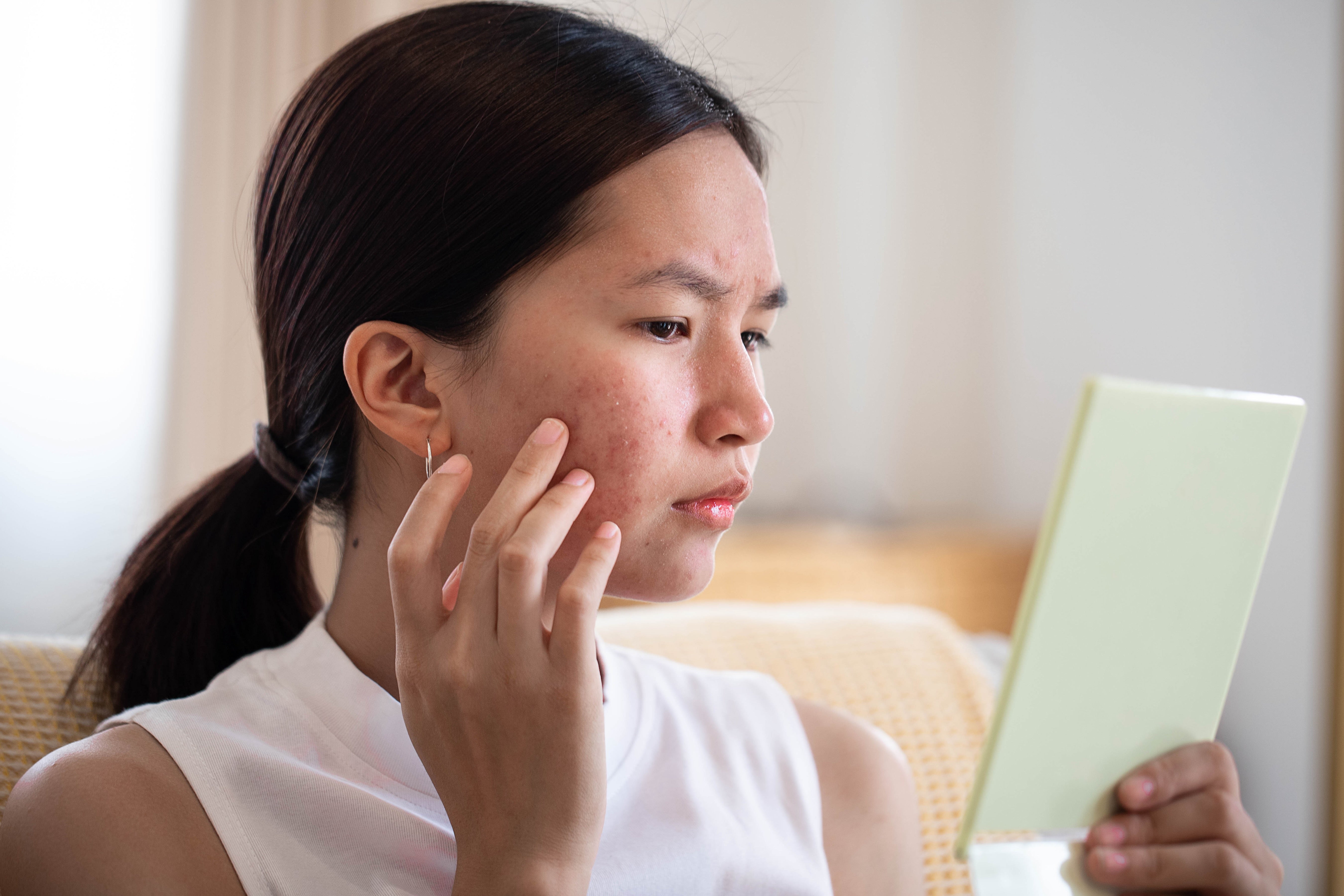
Can Colostrum Help Treat Acne?
Acne affects millions of people worldwide, and if you're exploring various treatment options, colostrum may be worth considering. This nutrient-rich substance, derived from the first milk produced by cows after giving birth, is gaining attention in the skincare community for its potential to effectively combat acne.
Bovine colostrum's unique composition of antibodies, growth factors, and anti-inflammatory properties may offer promising skin benefits for those struggling with acne.
Beyond its potential to reduce breakouts, colostrum also offers a range of other skin benefits, such as enhanced hydration, improved elasticity, and accelerated repair of damaged skin. Its holistic approach to skin health makes it a compelling alternative or complement to traditional acne treatments.
Does colostrum cause or help treat acne?
Studies show that colostrum likely doesn’t cause acne, but reduces it. It does this by targeting the bacteria that cause acne and soothing the inflammation in your skin. The proteins in colostrum, like lactoferrin and immunoglobulins, have powerful anti-inflammatory and antimicrobial properties. This means that colostrum doesn’t just help prevent breakouts but also promotes the healing of existing acne, helping to reduce scarring.
Inflammation is a key factor that worsens acne, leading to increased redness, swelling, and discomfort. Colostrum contains compounds such as lactoferrin and immunoglobulins, which work to calm this inflammation. These compounds reduce the visibility and severity of acne lesions, making it easier to manage breakouts.
Lactoferrin, a standout protein in colostrum, plays a crucial role in reducing the bacteria that causes acne. Lactoferrin has the ability to bind iron, a nutrient that bacteria like Propionibacterium acnes need to survive and multiply. Without sufficient iron, these bacteria struggle to thrive, resulting in fewer breakouts.
Immunoglobulins, which are antibodies found in colostrum, also contribute to this antimicrobial action by neutralizing harmful pathogens on the skin's surface. This dual action creates an environment that is less conducive to acne development.
Colostrum also contains growth factors that stimulate skin cell regeneration, a process that is crucial for repairing damaged skin. When acne heals slowly, it often leaves behind scars and marks that can be difficult to treat. The growth factors in colostrum speed up this healing process, helping the skin to recover more effectively and reducing the likelihood of long-term scarring.
Additionally, the proteins in colostrum, especially lactoferrin, regulate the production of excess oil on the skin. Excess oil is a common contributor to clogged pores, leading to the formation of acne. Keeping oil production in check means colostrum helps reduce the chances of new breakouts occurring.
Colostrum also strengthens the skin’s immune defenses, making it more resilient against environmental factors that can trigger or worsen acne. This holistic approach to skincare helps ensure that the skin remains healthy and less prone to acne over time.
So, colostrum’s combination of antimicrobial action, anti-inflammatory effects, and support for skin healing makes colostrum a promising option for those looking to manage acne naturally. However, it’s important to approach it as part of a broader skincare routine, understanding that individual results may vary.
What causes acne?
Acne is a common skin issue that occurs when hair follicles get clogged with oil, dead skin cells, and bacteria.
The main cause is the overproduction of sebum, an oily substance that’s supposed to protect and moisturize the skin. While sebum is important, too much of it can clog pores and create a perfect spot for acne-causing bacteria to grow. When these bacteria multiply, they cause inflammation, leading to the red, swollen bumps we know as acne.
Hormones are another big factor in acne. During puberty, the body ramps up production of hormones like androgens, which make the sebaceous glands churn out more sebum. When the pores get overloaded with oil, breakouts happen. Hormonal changes from things like menstrual cycles, pregnancy, and stress can also trigger acne in adults. Even some medications or contraceptives can make things worse.
Lifestyle and environmental factors also play a role in acne. What you eat matters; unhealthy foods and dairy can aggravate acne. Stress can mess with your hormones, making acne worse. Not keeping up with a regular skincare routine can lead to clogged pores, which makes breakouts more likely. Plus, pollution and humidity can irritate the skin and lead to more frequent or severe acne.
Let’s explore how colostrum might help tackle some of the key issues behind acne and improve your skin’s health.
Can colostrum improve your skin?
Colostrum is full of vitamins, minerals, and amino acids that can nourish your skin, helping it look healthier and more radiant. The growth factors in colostrum, like transforming growth factor (TGF) and insulin-like growth factor (IGF), boost collagen production, which is key for keeping your skin firm and elastic.
Adding to this, studies show that colostrum can protect your skin from aging by reducing the rate of telomere shortening in skin cells. Telomeres are the protective caps at the ends of chromosomes, and their length is often used as a marker of aging. The studies found that colostrum helped maintain telomere length, even under stress, suggesting that it could help keep your skin looking youthful over time.
With more collagen, fine lines and wrinkles may be less noticeable, making your skin look smoother. These growth factors also promote skin cell turnover, helping repair and renew your skin, which can improve its overall texture and appearance.
Other benefits of colostrum
Colostrum offers several benefits beyond skincare. It is rich in antibodies, which can strengthen the immune system and make it easier to fight off infections and illnesses.
Additionally, colostrum supports gut health by promoting the growth of beneficial bacteria in the digestive tract, improving digestion, and reducing inflammation.
Athletes use colostrum supplements to aid muscle recovery and increase energy levels because of the high concentration of growth factors and amino acids.
Taking colostrum can help support bone health by boosting calcium absorption and reducing the risk of osteoporosis.
If you are interested in using colostrum supplements to treat acne, improve skin health, or enjoy other benefits, there are various options available such as colostrum gummies and colostrum powders to easily incorporate into your routine.
As more people discover its potential, colostrum is emerging as a versatile supplement that can help you achieve better skin and a healthier, more balanced lifestyle.







